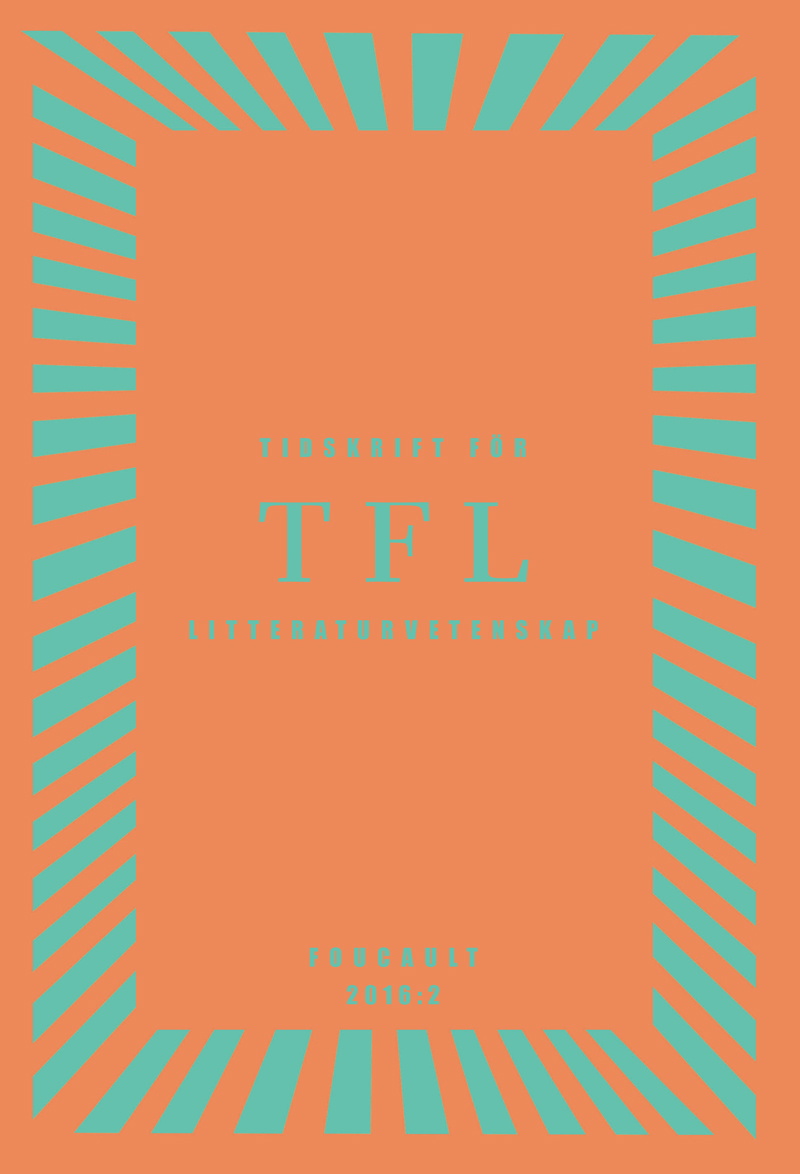Cyborgförfattarskapets längre historia
DOI:
https://doi.org/10.54797/tfl.v46i2.8794Nyckelord:
Racter, cybertext, cyborg authorship, artificial intelligence, text generatorsAbstract
The Extended History of Cyborg Authorship
During the early 1980s, computer programmer William Chamberlain constructed a computer program for textual interplay, called Racter. According to Chamberlain, this purportedly self-learning computer program later produced, through its textual output, a prosaic-poetic work which was eventually published as a printed book in 1984. This work was entitled The Policeman’s Beard Is Half Constructed, and credited Racter as its sole author. The present article presents a reading of this work, in light of historically prominent modes of literary production similar to, but also prior to, computerized text-generation, thus suggesting a longer history of cyborg authorship than has previously been acknowledged. To this end, this article references various examples of mechanized text production and writing procedures, such as William Burroughs’ cut-up technique, as well as Friedrich Kittler’s notion of the poetics of typewriting. Following Espen Aarseth’s conception of cybertext, The Policeman’s Beard is thus regarded as a novel example of a pre-existing, two-sided relation of the influence of writing material to literary style. Further, the more recently developed figure of the cyborg, popularly regarded as the epitome of human-machine symbiosis and transcendence, is rendered visible in the narrative of this book through an emerging intelligence within the story of The Policeman’s Beard. This thematically-oriented process of cognitive growth succeeds, rather than reflects, the formal self-transformation of the code inherent in the program through which the text is produced, supporting my working thesis on the mechanical organization of the text’s capacity of further informing its content. Thus, the following examination of the literary potency of the variable text generator and self-programmable computer software presents a perspective on Racter as an aetheticization of the characterics attributed to the early computer age, with special reference to cybernetic- and artificial intelligence research.
Nedladdningar
Downloads
Publicerad
Referera så här
Nummer
Sektion
Licens
Författaren/författarna behåller copyright till verket






